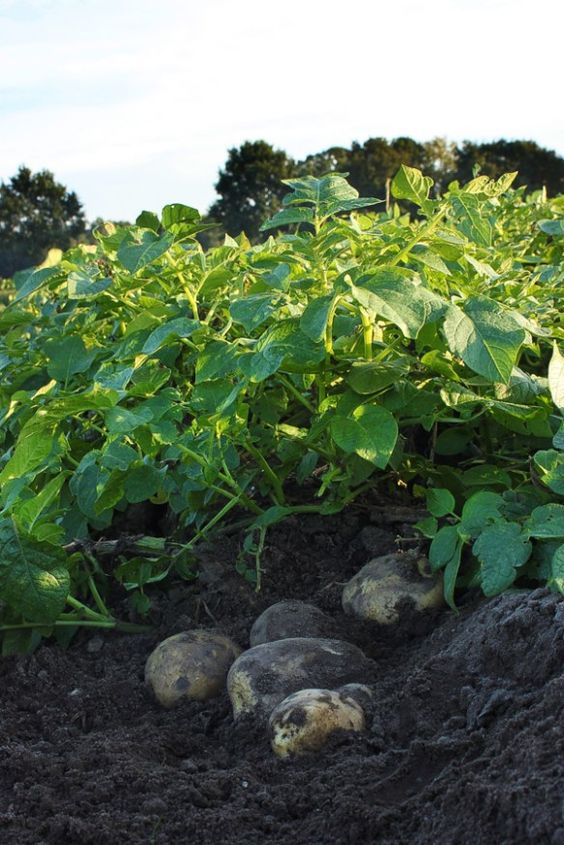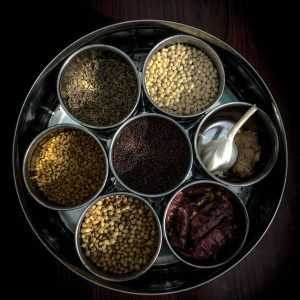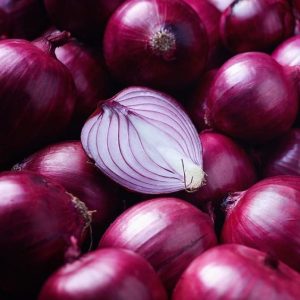Description
Specification
| Country of Origin: | Pakistan | |||
| Harvest period: | Jan-Apr | |||
| Color: | Brownish Yellow/Red | |||
| Packaging: | 5 kg | 10 kg | 15 kg | 25 kg |
| Purity: | 99% | |||
| Shelf life: | Depends On Storage Conditions | |||
| When they are stored in a cool and dry place | ||||
Uses And Benefits Of Potatoes:
Cooking: Potatoes are used as a vegetable for cooking at home, and they can be prepared in many ways, such as boiling, baking, frying, mashing, or roasting. Potatoes can also be combined with other ingredients, such as meat, cheese, eggs, herbs, and spices, to create delicious dishes. Some of the traditional Pakistani potato dishes are taryal patata (potato chunks with hot peppers and spices), aloo gosht (potato and meat curry), aloo paratha (potato-stuffed flatbread), and aloo chaat (potato salad with yogurt and chutney).
Feeding: Potatoes are also used as animal feed, especially for cattle and poultry. Potatoes are rich in carbohydrates and energy, and they can help improve the milk production and growth of animals. Potatoes can also be mixed with other feed ingredients, such as grains, oilseeds, and legumes, to enhance their nutritional value.
Fueling: Potatoes can also be used as fuel for producing biogas or ethanol. Biogas is a renewable energy source that can be used for cooking, heating, lighting, or generating electricity. Ethanol is a biofuel that can be used for powering vehicles or machines. Potatoes can be converted into biogas or ethanol by fermenting them with bacteria or yeast.
Seeding: Potatoes can also be used as seed tubers for the next season potato crop. Seed tubers are small pieces of potatoes that have buds or eyes on them. These buds can sprout into new potato plants when planted in the soil. Seed tubers need to be healthy, disease-free, and certified by the authorities before planting.
Nutrients: Potatoes are an excellent source of many vitamins and minerals, such as vitamin C, B6, potassium, manganese, magnesium, phosphorus, niacin, and folate. These nutrients are essential for the proper functioning of the body’s cells, tissues, organs, and systems. For example, vitamin C helps boost the immune system and fight infections; vitamin B6 helps produce neurotransmitters and hormones; potassium helps regulate blood pressure and fluid balance; manganese helps activate enzymes and antioxidants; magnesium helps maintain muscle and nerve function; phosphorus helps form bones and teeth; niacin helps convert food into energy; and folate helps make DNA and red blood cells.
Antioxidants: Potatoes are also rich in compounds like flavonoids, carotenoids, and phenolic acids. These compounds act as antioxidants in the body by neutralizing potentially harmful molecules called free radicals. Free radicals can cause oxidative stress and damage to the cells and DNA, which can lead to chronic diseases like heart disease, diabetes, and cancer. Antioxidants can help prevent or reduce this damage by scavenging free radicals and protecting the cells from oxidative stress.
-Resistant starch: Potatoes also contain a special type of starch called resistant starch. This starch is not broken down and fully absorbed by the body. Instead, it reaches the large intestine where it becomes a source of nutrients for the beneficial bacteria in the gut. These bacteria can produce short-chain fatty acids (SCFAs) from resistant starch. SCFAs have many health benefits, such as reducing inflammation, improving insulin sensitivity, lowering blood sugar levels, enhancing satiety, promoting weight loss, and protecting against colon cancer






